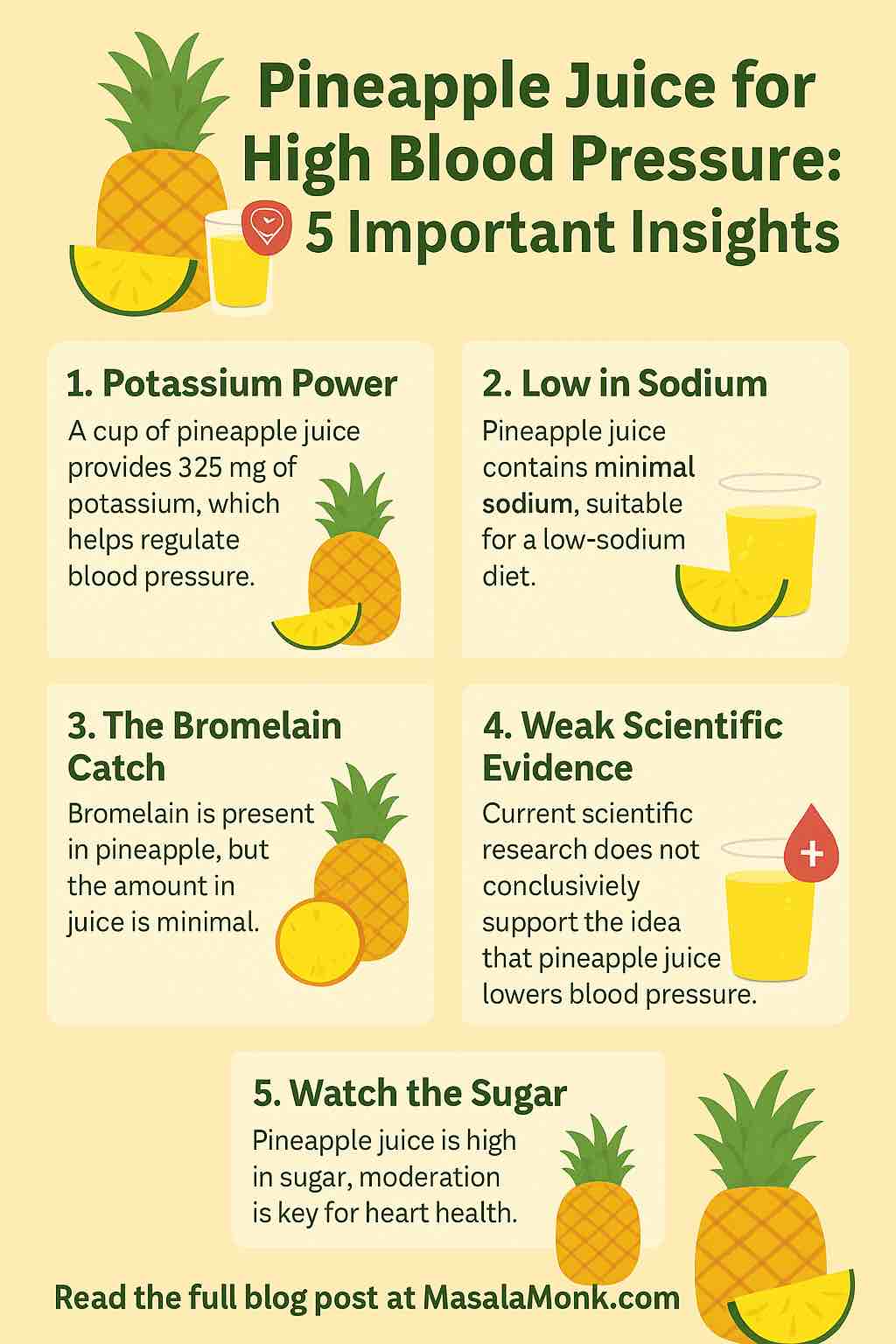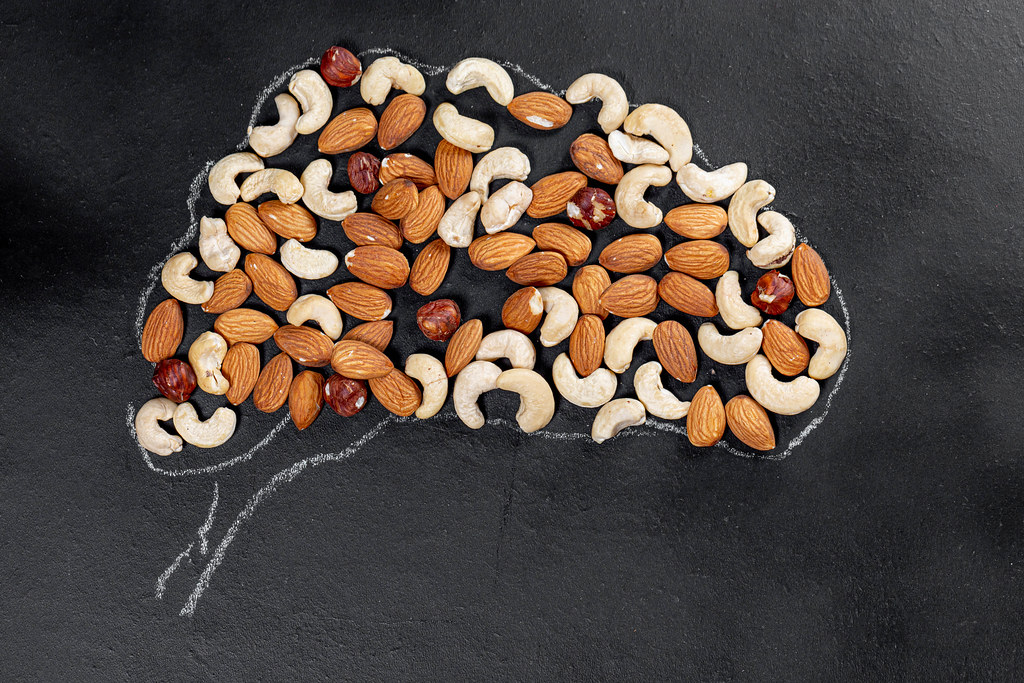
When people talk about food that genuinely nudges numbers in the right direction, beets often top the list. That’s because beets are rich in dietary nitrate, which your body can convert into nitric oxide, a signaling molecule that helps blood vessels relax. As a result, blood pressure inside the arteries can ease a little. Notably, controlled trials and systematic reviews suggest the effect is most consistent when nitrate intake is adequate—especially from beetroot juice in realistic daily amounts. For a clear, recent synthesis, see this Frontiers in Nutrition meta-analysis on beetroot juice and hypertension, which reports modest yet meaningful drops in systolic readings with standardized nitrate doses (open-access article; PubMed record here).
Of course, food isn’t a substitute for medical care. Rather, it’s a helpful lever alongside medication (if prescribed), movement, sleep, and—critically—sodium management. For pragmatic daily targets that actually move the needle, the American Heart Association recommends no more than 2,300 mg sodium/day, with an ideal limit of 1,500 mg/day for most adults—especially those already managing hypertension (AHA overview here and quick fact sheet here).
How beets and blood pressure connect (in plain English)
Let’s keep the mechanism simple yet accurate. The nitrate in beets (NO₃⁻) isn’t magic by itself. First, beneficial oral bacteria reduce nitrate to nitrite (NO₂⁻). Next, in the acidic stomach and throughout the body, nitrite converts to nitric oxide (NO). That nitric oxide tells smooth muscle in your vessel walls to dilate, which reduces resistance and eases the pressure your heart pumps against. The pathway is sometimes called the enterosalivary nitrate–nitrite–NO cycle; if you want a broad scientific overview, a recent review of dietary nitrates and NO biology is a good primer (example review).
There’s a crucial practical wrinkle: strong antiseptic mouthwash can disrupt those nitrate-reducing bacteria. In both observational and intervention work, antibacterial rinses (for example, chlorhexidine) have been shown to blunt the rise of nitrite after nitrate intake and even increase blood pressure in treated hypertensives. Therefore, if you’re using beets for cardiovascular reasons, it’s reasonable to avoid antiseptic rinses around beet-rich meals. For details, see this accessible paper on mouthwash and the nitrate pathway (open-access review) and an earlier trial in hypertensive adults (American Journal of Hypertension study).
Beets and blood pressure in everyday life: which form actually helps?
Plenty of people love beets raw, roasted, canned, or pickled; others prefer a quick glass of juice. Each route can contribute nitrate, yet each also comes with trade-offs—mostly about dose, sodium, and consistency. Below, we’ll keep the keyphrase front-and-center while staying practical.
Beetroot juice: the strongest research signal
If you’re looking for the most consistently studied option, beetroot juice leads by a comfortable margin. In the meta-analysis above, interventions typically delivered ~200–800 mg nitrate/day, commonly via ~250–500 ml of standardized beet juice depending on the product. Across trials, the reduction in systolic blood pressure is small to moderate but clinically relevant—particularly for people already living with hypertension. In practice, many readers find that ~250 ml (8 oz) each morning works as a sustainable starting point; others time a serving 2–3 hours before activity, when the nitric-oxide effect window tends to peak.
Because nitrate content in commercial juices can vary, standardized products (those that disclose nitrate in mg per serving) are preferable. If a label doesn’t list nitrate, a modest daily serving is still reasonable, but consider tracking your readings for a couple of weeks to see whether the habit makes a tangible difference. For background on how variable nitrate can be across beet products, this analysis of juices and concentrates is useful reading (open-access nutrient profile).
For readers who want recipe-level inspiration and everyday uses beyond a glass, we’ve compiled practical ideas in Power of Beetroot and Beet Juice—a friendly internal explainer that pairs science with kitchen moves.
Canned beets: convenient, affordable—watch the salt
Do canned beets still fit into a beets and blood pressure routine? Absolutely—nitrate is relatively heat-stable, and while boiling or canning can leach some nitrate into surrounding liquid, the beets themselves remain useful. The bigger swing factor is sodium, since many canned vegetables include added salt. That doesn’t disqualify canned beets; it simply means you’ll want to choose “no salt added” labels when possible and rinse and drain before tossing into salads or bowls.
Because sodium is the one variable that can quietly undermine the benefits of beets, it’s wise to keep the AHA day-total in mind as you plan meals (AHA sodium advice overview; “Answers by Heart” one-pager pdf). If your day includes bread, cheese, sauces, or deli meats, the room left for a salty canned veg shrinks fast—so the no-salt-added can truly shines.
By the way, if you’d like potassium-forward context that complements a beets and blood pressure pattern, see our internal primer Pineapple Juice for High Blood Pressure: 5 Important Insights—a handy refresher on balancing sodium with potassium in everyday menus.
Pickled beets: flavorful and fun—portion with purpose
What about pickled beets? They still provide nitrate, and they bring big flavor to a plate. Nevertheless, brines often add considerable sodium, and that’s where moderation becomes vital. Typical composition tables and brand labels hover around ~150 mg sodium per 100 g, though recipes vary widely. If pickled beets make you happy, keep them as a garnish—think a few slices folded through a salad—rather than the main attraction. If you’re the DIY type, making a reduced-sodium pickle at home is straightforward, letting you control the brine. For neutral numbers to quote when readers ask “how salty is salty?”, we love to point them to snapshot entries like pickled beets per 100 g (example breakdown).
If you love the pickled profile but want lower sodium, another route is to pair no-salt-added canned beets with a bright quick-pickle dressing—lemon juice, a splash of vinegar, dill, and crushed garlic—so you get the acidity and aroma without relying on a salty brine.
Making beets and blood pressure work together (without overthinking it)
Shifting from theory to practice, let’s connect the dots. The goal isn’t chasing a single “superfood,” but building a steady pattern that compounds. With that in mind:
First, prioritize consistency. Smaller but daily beet servings typically outperform occasional mega-doses. Studies that observed benefits often ran for 4–12 weeks with regular intake; leaning into routine is what turns a nudge into a trend. If you’ve ever taken your blood pressure over a few weeks, you know how helpful patterns are compared with one-off readings.
Second, time it thoughtfully. Because the nitrate-to-nitric-oxide effect often peaks 2–3 hours after a serving, some people drink juice in the morning or before a walk. Others spread intake with lunch or a mid-afternoon snack. There’s no universal “best” time, but it helps to be deliberate.
Third, mind the mouthwash. As mentioned earlier, antibacterial rinses can blunt nitrate conversion and even push BP up in treated hypertensives. If oral care is non-negotiable (of course it is), consider separating antiseptic rinses from nitrate-rich meals and relying on mechanical cleaning most of the time. The evidence is surprisingly strong for such a simple detail (read the open-access review on the nitrate pathway and mouthwash here and the hypertensive trial summary here).
Fourth, keep sodium honest—relentlessly. Because salt can silently flatten the vascular benefits you’re working for, keep an eye on day totals. The AHA suggests ≤2,300 mg as a ceiling and 1,500 mg as a smart target (guidance here as well as the quick reference pdf). Choosing no-salt-added canned beets, rinsing any salty liquids, and using herbs, citrus, and vinegar to season are painless ways to stack the deck.
For broader, pantry-level inspiration that plays nicely with beets and blood pressure, explore two handy internal reads: Flax Seed and Blood Pressure (an evidence-backed companion to beet-based meals) and our longer list of anti-inflammatory drinks, which includes beet ideas you can rotate without boredom.
How much is “enough”? Practical dose pointers (without the jargon)
Let’s translate study ranges into kitchen-level choices. Since many trials delivered ~200–800 mg of nitrate/day, and common research products cluster around ~250–400 mg nitrate per serving, a daily 250 ml (8 oz) glass of beetroot juice is a realistic starting point. If your product lists nitrate in mg, fantastic—use that to aim for a total in the middle of the range. If it doesn’t, let your body be the guide: stick with a consistent serving for two weeks, take morning readings, and then decide whether to maintain, adjust, or scale back. That self-audit is more valuable than any single claim.
Prefer whole foods? Great—roasted beets, steamed beets, and no-salt-added canned beets still contribute, though nitrate content naturally varies by soil, season, and processing. Therefore, it’s wise to treat whole-beet dishes as supportive—delicious, colorful, fiber-rich—and let juice be the precise dial when you need a measurable bump. If you want to geek out about how different products vary, this open-access nutrient profile of beetroot juices and concentrates is enlightening (research snapshot).
Finally, don’t forget the rest of the plate. Leafy greens like arugula and spinach carry their own nitrate load, while legumes, nuts, seeds, and whole grains bring minerals that support vascular tone. Tie the elements together and the effect can feel larger than the sum of parts.
Who should be cautious with beets and blood pressure?
Although beets are foods—not drugs—there are sensible caveats:
- If your baseline BP runs low, substantial nitrate intake plus medication could overshoot. Discuss any big changes with your clinician.
- If you take antihypertensives, loop your care team in when adding daily beetroot juice; together you can watch for over-correction.
- If you’re prone to kidney stones, note that beets are high in oxalate. That doesn’t mean you must avoid them completely, but moderation and hydration matter. For nuances, our internal explainer Beetroot and Kidney Health walks through benefits and caveats.
- If you’re pregnant or dealing with complex kidney issues, personalized advice beats general tips every time.
Simple, low-sodium ways to use beets (that keep the benefits intact)
Because repetition kills motivation, here are varied ways to keep beets and blood pressure support rolling without palate fatigue:
- Morning mini-shot: 150–250 ml beetroot juice most days. If you exercise, try it 2–3 hours before a brisk walk or gym session.
- Roasted beet & yogurt raita: roast wedges until tender; fold into thick yogurt with grated garlic, cumin, mint, and lemon. Season lightly and let citrus do the heavy lifting.
- No-salt-added canned beets, bright salad: rinse and drain; toss with orange segments, sliced red onion, dill, olive oil, and lemon juice. Finish with toasted walnuts for crunch and a little omega-3.
- Pickled beet accent: add a few thin slices to a grain bowl with chickpeas, cucumber, parsley, and tahini-lemon dressing. Keep the portion small; let the dressing’s acidity carry the flavor.
- Beet-citrus smoothie: small roasted beet, orange, ginger, and water; optional spoon of ground flaxseed for a heart-healthy lift (and a nod to flax seed & blood pressure).
- Lunchbox hack: layer roasted beets with arugula, a few slivers of onion, and a smear of soft cheese; drizzle with balsamic and olive oil. Sprinkle crushed pistachios for texture and potassium.
For readers who want even more kitchen ideas, our internal collection Power of Beetroot and Beet Juice offers approachable variations; for day-to-day hydration and recovery, you’ll find additional options inside 8 Anti-Inflammatory Drinks as well.
Bringing it together
When you put the pieces in sequence, the picture is straightforward. Beetroot juice—at realistic daily doses—has the strongest evidence for easing systolic readings. Canned beets remain helpful if you choose no-salt-added and rinse well. Pickled beets can fit beautifully as a garnish so long as you’re watching sodium. Meanwhile, a handful of small practices—consistency, timing, and skipping antiseptic mouthwash near beet-rich meals—make the beets and blood pressure strategy more reliable in the real world.
If you’d like to wander deeper into the science, start with the Frontiers in Nutrition meta-analysis on beetroot juice and BP (full text), browse the AHA’s plain-language sodium pages (overview; how to cut back), and, for a practical twist, read about mouthwash and the nitrate pathway in this open-access review (backgrounder). When you’re curious about nutrient specifics, USDA FoodData Central is a reliable place to check numbers (Nutrients in per 100 gms of Raw Beets).
Finally—because everyone love clear next steps— track three weeks of morning readings while keeping a simple log of when (and how much) you take beet juice, whether you used no-salt-added canned or pickled servings, and how your day’s sodium looked. Small, steady changes are the ones that stick—especially when they taste this good.
FAQs
1) Do canned beets lower blood pressure?
Generally yes. Canned beets still contain nitrates that support nitric oxide, which may help reduce systolic readings. For best results with beets and blood pressure, choose no-salt-added cans and rinse/drain to keep sodium in check.
2) Are canned beets good for high blood pressure?
Often, provided the label is low in sodium. Because salt can blunt benefits, prioritize “no salt added,” then pair canned beets with potassium-rich foods for a smarter plate.
3) Will pickled beets lower blood pressure?
Sometimes, although brine can add notable sodium. Therefore, enjoy pickled beets as a garnish or in small portions, or look for reduced-sodium versions.
4) Are pickled beets high in sodium?
Usually moderate to high, depending on the recipe. Consequently, portion control matters if you’re using pickled beets to support beets and blood pressure goals.
5) What amount of beetroot juice actually helps?
Most trials use beetroot juice delivering roughly 200–800 mg nitrate per day. Practically, many people start with ~250 ml (8 oz) daily and reassess after two weeks.
6) How fast does beetroot juice work?
Often within 2–3 hours, with effects lasting several hours. Nevertheless, consistent daily intake over weeks is what tends to move average readings.
7) Do cooked or roasted beets still work?
Yes. Heat doesn’t destroy nitrate; however, boiling can leach some into water. Hence, roasting or steaming is a sensible everyday approach.
8) Are beets and blood pressure improvements the same for everyone?
Not exactly. Baseline diet, sodium intake, oral microbiome, medications, and genetics all influence response. So, track your own readings rather than relying on anecdotes.
9) Can mouthwash reduce the benefits?
Frequent antiseptic mouthwash can disrupt nitrate-reducing oral bacteria. Accordingly, avoid strong antibacterial rinses close to beet-rich meals.
10) What’s better: fresh, canned, pickled, or juice?
For evidence, standardized beetroot juice leads. Even so, fresh/roasted and no-salt-added canned beets support the pattern; pickled works best as an accent due to sodium.
11) Do beet powders, crystals, or “SuperBeets” help?
Potentially—if the product discloses actual nitrate (mg) per serving. Otherwise, potency varies widely. Start low, check your readings, and adjust.
12) What’s the “best beet juice” for blood pressure?
The best one clearly states nitrate content and keeps sodium low. Additionally, consistent sourcing and taste you’ll stick with matter more than a flashy label.
13) Can beets raise blood pressure?
Unlikely by themselves. However, salty pickled versions or high-sodium meals alongside beets can push numbers up, offsetting nitrate’s effect.
14) Are beets good for people with diabetes?
Beets can fit a balanced plan. They contain carbs but also fiber and micronutrients. Still, watch juice portions, monitor glucose, and prioritize whole-food forms.
15) Are pickled beets good for diabetics?
They can be, though sodium and added sugars in some recipes require caution. Therefore, check labels and stick to modest servings.
16) Are there risks with beets and blood pressure?
A few. Individuals with low baseline BP, those on antihypertensives, or people prone to kidney stones (beets are high in oxalate) should moderate and consult their clinician.
17) Do beets help diastolic blood pressure too?
Effects are most consistent for systolic reductions; diastolic changes are smaller and less consistent. Even so, overall vascular function may still improve.
18) Can I drink beet juice every day?
Yes, if it suits your health status. To be prudent, begin with 150–250 ml daily, observe your home BP trend for two weeks, then fine-tune.
19) What time of day should I drink it?
Morning works for many, yet timing 2–3 hours before activity can also be strategic. Ultimately, the best time is the one you’ll repeat.
20) Do I need to cycle off beet juice?
Not necessarily. Nevertheless, periodic check-ins on BP, overall diet, and kidney health are wise, especially if you use concentrated products.
21) Will “red beets” differ from “beetroot” for BP?
They’re the same plant (different naming). Variation in nitrate comes more from soil, season, and processing than from the name on the tag.
22) Can kids or pregnant people use beet juice for BP?
This guide targets adults with elevated BP. Pregnancy and childhood require individualized advice; always consult a healthcare professional first.
23) Is low-sodium the only thing that matters with pickled beets?
It’s the major lever, yet not the only one. Portion size, overall daily sodium, and the rest of your meal (potassium, fiber, fats) influence outcomes as well.
24) What if I don’t like beet flavor?
Blend in citrus, ginger, or berries; or choose roasted beets in salads and raitas. Crucially, sustainability beats perfection for long-term beets and blood pressure support.
25) How should I measure progress?
Use a home monitor, take two morning readings (seated, five minutes quiet), log them for 14 days, and evaluate your average—not a single spike or dip.











